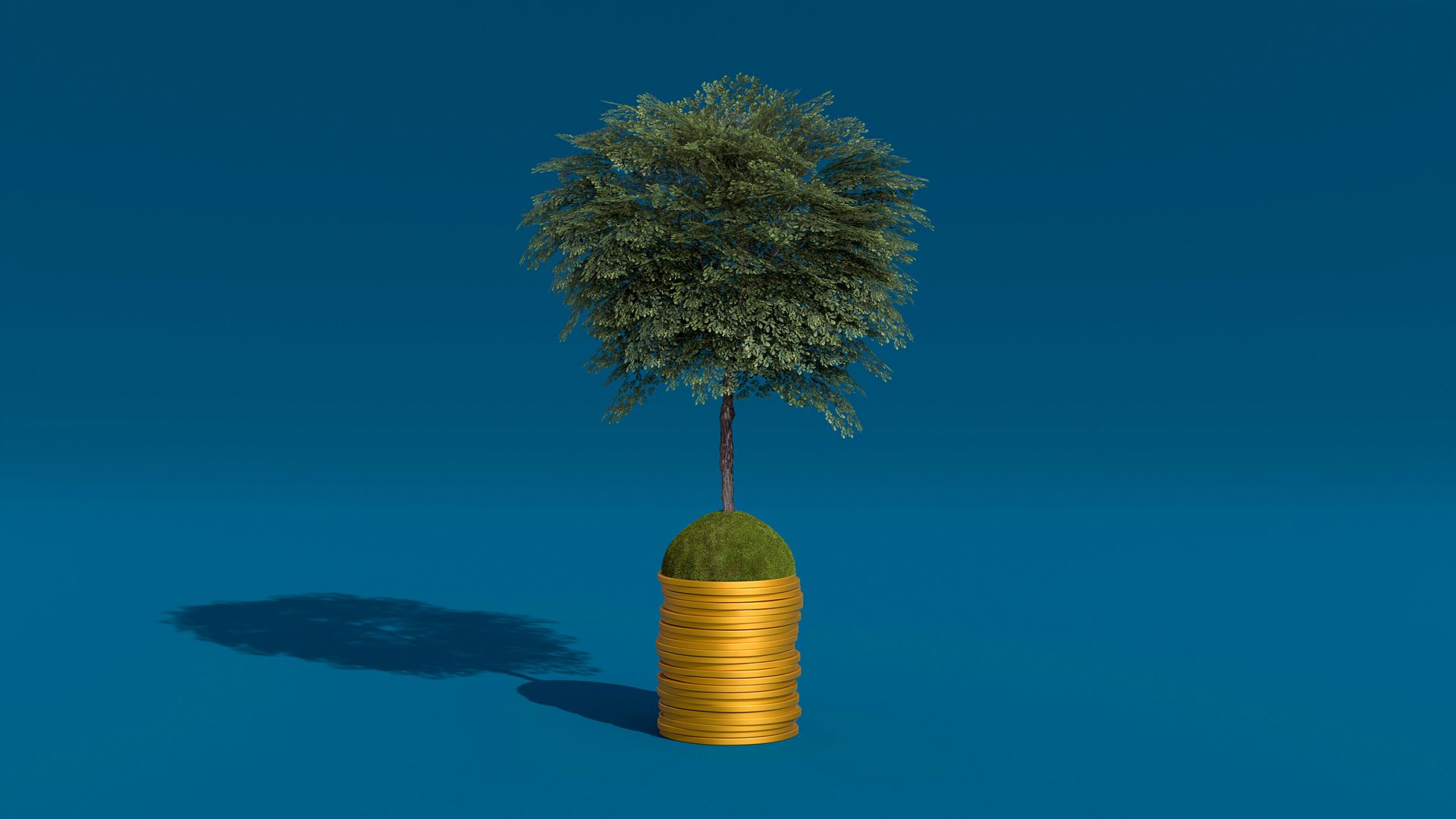^ Listen to this article
A timeless 2600-year-old lesson
The Buddha, who lived 2600 years ago, was dedicated to creating a healthier mind, a mind not subject to greed, aversion, and delusion; a mind that is at ease regardless of conditions; a mind that is wise.
He engaged in various meditation practices for approximately six years but the ultimate practice that led to his enlightenment was a 16-step meditation called Anapanasati, or Mindfulness of Breathing.
The last step of the Anapanasati meditation is Letting Go.
Other spiritual traditions also draw on the idea of Letting Go: Christians let go during Lent, Jews during Rosh Hashonah, Sufis practice the abandonment of self-will, and Indigenous Americans emphasize releasing attachments, to name just a few.
We let go at last month’s
Reset Retreat by surrendering one of our most prized and often addictive possessions—our phones—for 26 hours. Our minds became spacious, relaxed, and receptive; exactly the kind of mind needed to address a work or financial opportunity or challenge. This illustrates a beautiful paradox: when we briefly let go of something we usually cling to, we receive something much more valuable, maybe even priceless, in return - a healthier mind.
Grasping, on the other hand, is rooted in fear. It’s a corrosive force that undermines both our financial health and personal wellbeing. Letting go serves as the natural antidote. When we soften our grip on possessions, outcomes, and expectations, we expand and brighten our mind. This often leads to less reactivity, whether it’s with our spending, our relationships, or our work.
Try These Letting-Go Practices:
- Take a Digital Sabbath: Set aside 8-24 hours this weekend free from all tech devices. Invite your partner, family, or friends to join you, creating a shared experience of presence.
- Unplug from the Markets: Let go of checking financial markets for one week. Notice how this impacts your emotional well-being and decision-making.
- Take a Break From Spending: Embrace 24 hours without purchasing anything. Observe how this interrupts a habitual pattern.
- Let Go of Fantasies and Worries: For one full day, commit to interrupting any fantasy or worry. You could also try a technique from Simone Biles—write down these worries/fantasies in a dedicated journal and symbolically leave them there!
Let go because it opens the door to genuine happiness—not the fleeting kind that comes with acquisition, but the enduring contentment that rises from within.
Let go because your financial life flourishes through calm discernment rather than anxious attachment.
Let go because this simple practice has guided seekers toward clarity for thousands of years—it was profound enough to catalyze the Buddha's enlightenment, and it remains powerful enough to transform your life.
In the gentle release of what you cling to most, you may discover the version of yourself that you’ve been seeking.
SHARE THIS POST
The road to financial freedom is easier when you share the journey. By signing up for Spencer’s newsletter, you’re joining a growing community of people who’ve found their way to “Enough.”





